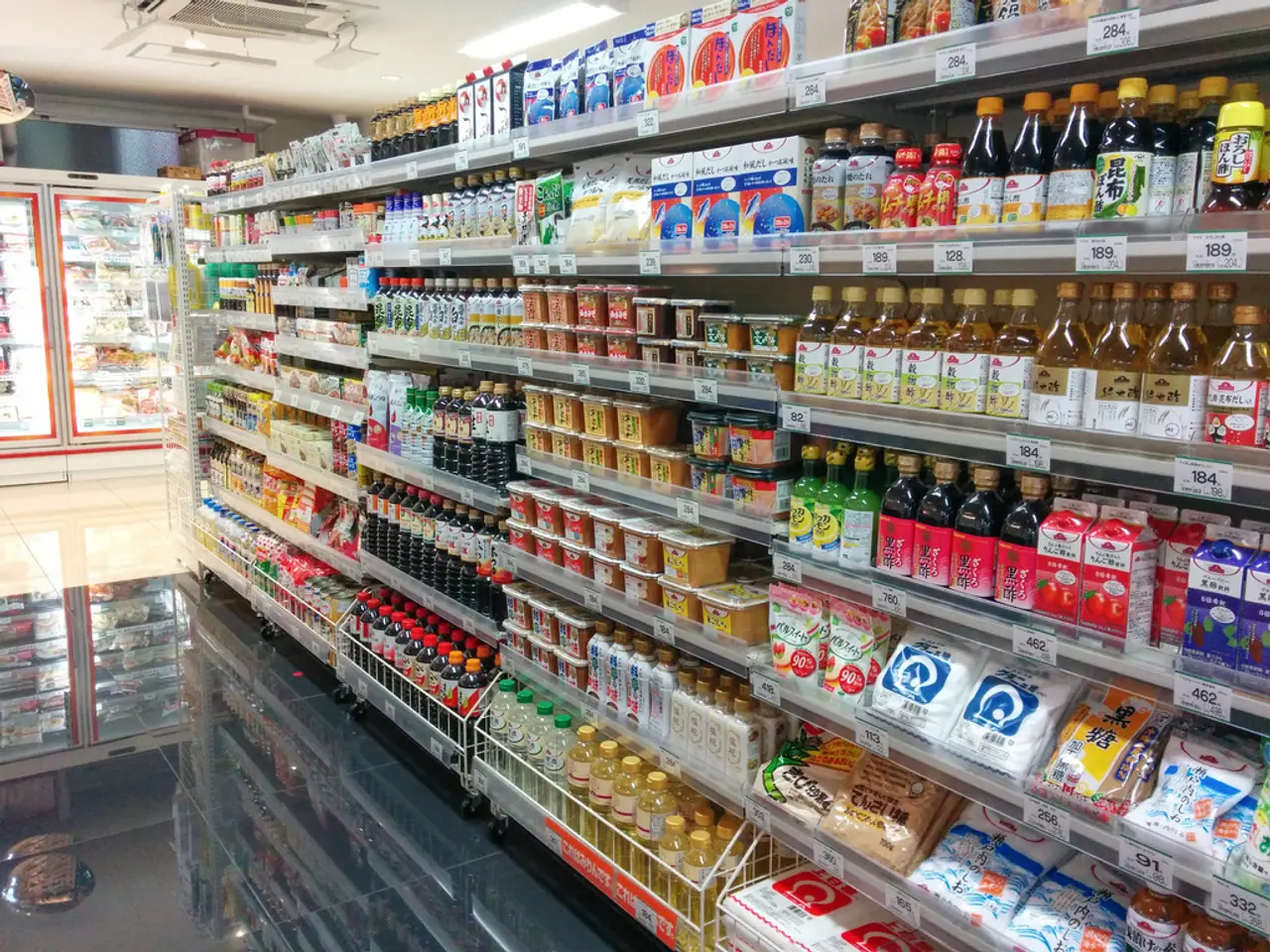Strategies Demonstrating that Thrift Remains Effective in an Elevated Inflation Environment
In the face of rising inflation, adopting a frugal mindset can provide a robust approach to protecting your finances and building resilience. Here's a comprehensive guide to implementing frugality strategies during high inflation periods.
Tracking Spending and Budgeting Carefully
Understanding and prioritizing essential expenses is key to maintaining financial stability. Careful budgeting helps avoid lifestyle inflation or overspending, ensuring that your income outpaces your expenses.
Reducing Costs on Groceries and Daily Needs
To stretch your dollars further, consider shopping at warehouse clubs for bulk purchases or opting for discount grocery stores like Walmart, Aldi, or Lidl. Practicing mindful spending by cutting non-essential purchases such as dining out and entertainment can also help.
Making Do with What You Have
Delaying or avoiding unnecessary purchases, repairing rather than replacing items, and buying used goods can save you a significant amount of money. Thrift stores, online marketplaces, and secondhand markets are excellent resources for finding affordable alternatives.
Building and Preserving an Emergency Fund
Having an emergency fund to cover essential expenses during income fluctuations or price spikes is crucial. Keeping emergency funds in high-yield accounts that can better keep pace with inflation is recommended.
Paying Down High-Interest Debt Quickly
Reducing financial vulnerability is essential during inflationary times. Paying down high-interest debt quickly can help alleviate the burden of rising costs.
Maximizing Tax-Advantaged Savings Accounts
Maximizing tax-advantaged savings accounts like 401(k)s, IRAs, or HSAs can help grow wealth efficiently even during inflationary times, ensuring long-term financial security.
Considering Inflation-Hedging Investments
Investing in real estate rental properties can provide passive income and tend to appreciate alongside inflation, thereby preserving purchasing power. Other inflation-hedging investments like TIPS (Treasury Inflation-Protected Securities) or short-term bonds may also be worth considering.
Supplementing Income Responsibly
Working extra hours or taking on side gigs can help supplement income, but it's important to balance this carefully to avoid burnout. Utilizing community resources like public libraries can help reduce entertainment and education expenses without sacrificing quality of life.
Embracing Frugality as a Pathway to Financial Freedom
Frugality is not about deprivation but about value-based spending. Aligning spending with personal values can help get the most from every dollar, leading to greater satisfaction and financial freedom.
In an emergency, it's wise to keep just enough cash for immediate needs and invest the rest in more inflation-resistant assets. Taking full advantage of rewards programs, cashback offers, and discounts can also help during high inflation.
Remember, practical frugality during inflation isn't about cutting every expense to the bone. It's about making smart, intentional choices with your resources. By focusing on the strategies outlined above, you can build a robust approach to maintaining financial resilience amid inflationary pressures.
Implementing tactical budgeting habits, such as tracking essential expenses carefully and prioritizing them over non-essential purchases, helps protect personal finances during times of rising inflation. To preserve purchasing power, it's beneficial to seek out cost-saving opportunities on groceries and daily needs, either by shopping at warehouse clubs or discount grocery stores or by cutting unnecessary expenses such as dining out and entertainment.




